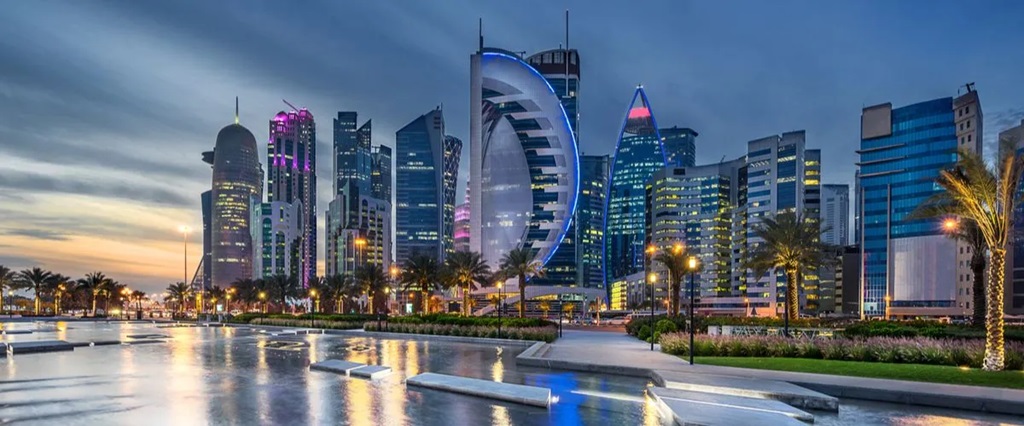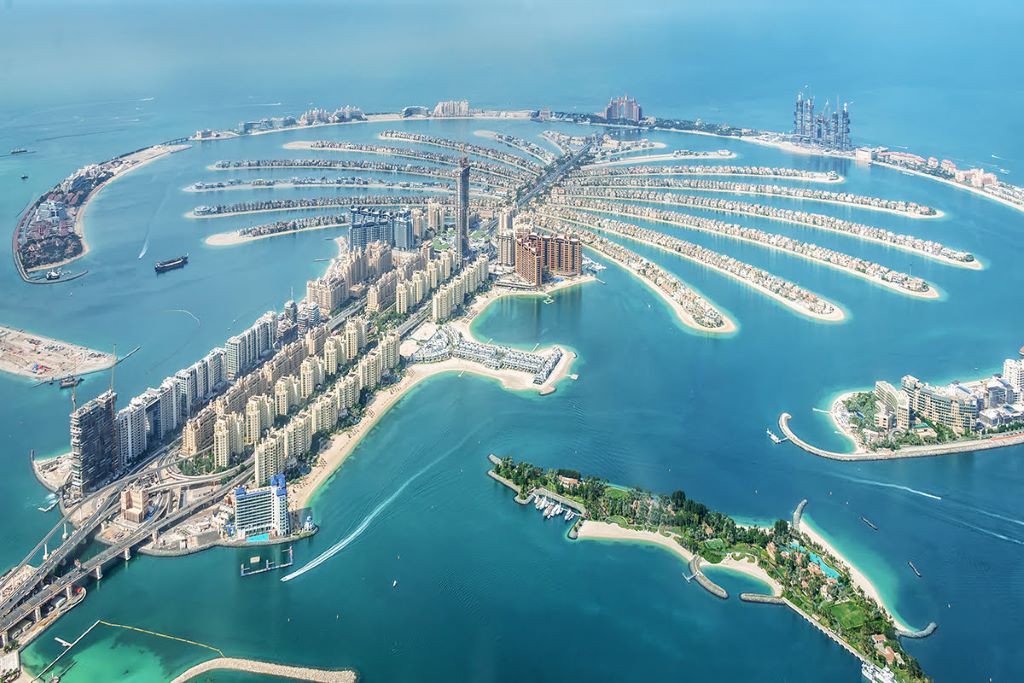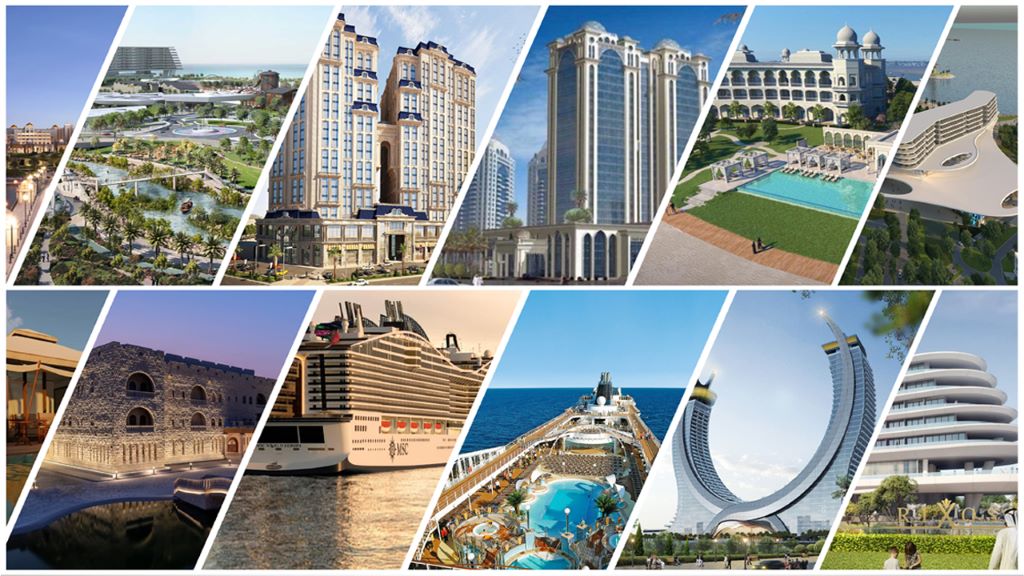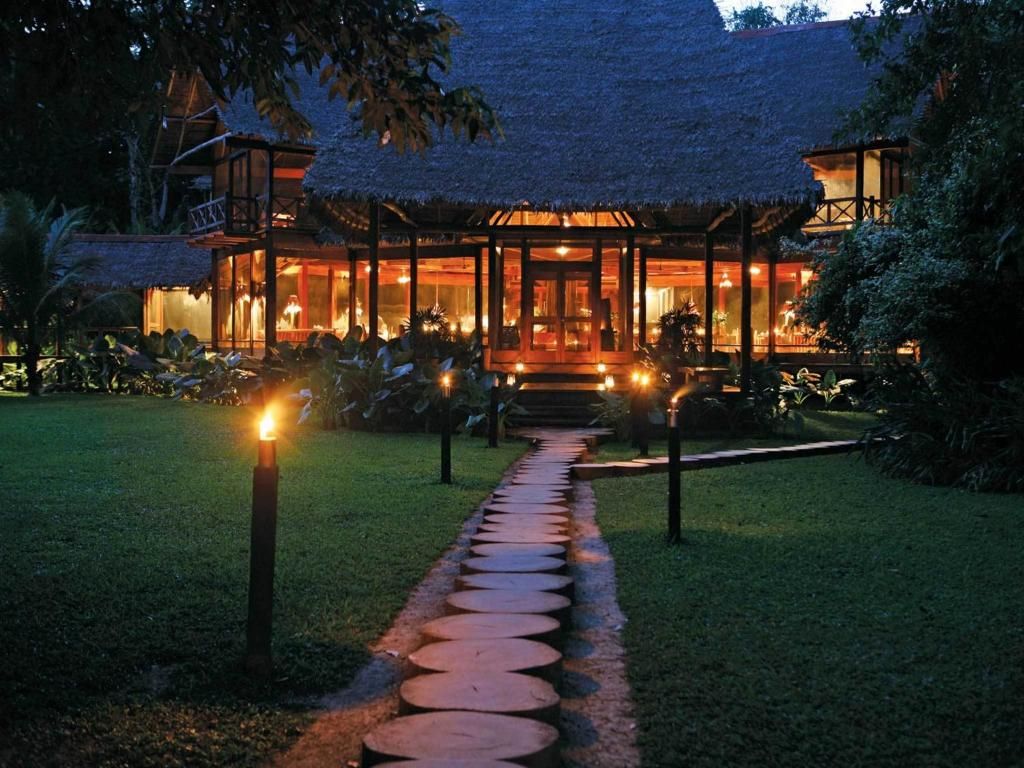How Tourist Lodge Impact Modern Tourism

The trend of opting for tourist lodges as a preferred accommodation option has gained significant traction in recent times. These lodges offer much more than just a mere place to crash for the night. Rather, they provide a unique opportunity for travelers to delve into an immersive and authentic experience, which allows them to create a strong connection with nature and the local cultures. With the surge in the popularity of tourist lodge, they have started to play a key role in shaping the tourism industry as a whole.
An Overview of Tourist Lodges
A tourist lodge is a type of accommodation that is often located in natural, remote settings such as forests, mountains, or near wildlife reserves. Lodges range from rustic and intimate to luxurious, but the common thread is their focus on providing guests with a one-of-a-kind experience in nature.
Some key features of tourist lodges:
- Location – Most are situated in rural, scenic natural locations far from cities and urban life. This allows guests to truly disconnect.
- Accommodation – Options range from simple rooms and cabins to lavish suites. Capacity is small, creating an intimate atmosphere.
- Activities – Lodges organize safaris, treks, cultural tours, etc. This access to nature and adventure is a major draw.
- Sustainability – Many adhere to eco-friendly practices such as solar power, conservation efforts, employing locals etc.
- Culture – They showcase local art, cuisine, music and more to immerse guests in regional cultures.
- Community – Guests often dine together and socialize, creating a sense of community.
From the African savannas to the jungles of South America, lodges around the world provide travelers with one-of-a-kind experiences in remarkable destinations.
The Rise of Tourist Lodges
Tourist lodges have experienced surging popularity in recent decades. Some key factors driving this growth:
Desire for Adventure
Today’s travelers, especially younger generations, have an increasing appetite for adventure.Safari lodges, jungle retreats and other remote, nature-based lodges satisfy this craving. They cater to the desire to explore new places and have immersive experiences.
Focus on Sustainability
Eco-conscious travelers prefer lodges with green practices that minimize environmental impact. Sustainable lodges allow guests to reduce their carbon footprint and support conservation efforts. This aligns with larger trends toward sustainability.
Authentic Cultural Connections
Many travelers seek meaningful cultural exchange versus superficial experiences. Lodges provide this by partnering with local communities to share authentic food, art, music, language and more. Guests gain exposure to unique cultures.
Customization and Boutique Appeal
Standard hotels lack personalization. In contrast, lodges offer tailored adventures and unique stays. The small scale and individualized service creates a boutique, distinctive experience.
From independent travelers to luxury jetsetters, various traveler types are increasingly choosing these personalized, eco-conscious lodges over conventional hotels.
How Lodges Impact Travelers
Tourist lodges influence modern travelers and tourism in the following ways:
Fostering Environmental Awareness
Eco-lodges implement sustainability measues while educating guests on conservation. This raises environmental conscientiousness and can positively impact behavior long after travel ends.
Providing Immersive Experiences
Rather than simply observing nature and culture, lodges enable visitors to actively participate through activities like medicinal plant workshops, cooking classes, language lessons etc. This creates deeper engagement and understanding.
Enhancing Cultural Exchange
Locals are key partners in lodge operations. By employing locals and facilitating direct interactions between hosts and guests, lodges improve cultural learning on both sides.
Promoting Community Development
Lodges inject money into rural economies via jobs for locals. Many also give back through health clinics, schools and other community investments enabled by tourism dollars.
Building Global Perspective
The intimate, participatory experiences of lodges allow travelers to gain insight into realities like poverty, conservation challenges and more. This builds cultural sensitivity and global awareness.
Sparking Conservation Action
Exposing guests to threatened nature and cultures motivates them to make more environmentally and socially conscious choices in their lives. Even volunteering at some lodges drives ongoing advocacy.
While no tourism is without impact, lodges enable travelers to make deep connections to place and community that transform perspectives. At best, they cultivate responsible global citizens.
Impacts on Destinations and Communities
Beyond individual travelers, tourist lodges also influence destination communities and environments:
Economic Benefits
Lodges provide jobs and skills training for locals, boosting economic prospects in rural areas. When communities have a stake, they are motivated to protect the land and wildlife.
Infrastructure Development
New lodges require roads, airports and other infrastructure investment in remote regions. This connects and modernizes rural communities.
Environmental Protection
Lodge owners conserve land for ecotourism. This places value on intact ecosystems that may otherwise be exploited or degraded without tourism dollars flowing in.
Promotion of Local Craft
Lodges sell local arts and crafts and hire local entertainers and guides. This provides a livelihood for artisans and gives communities incentive to maintain traditions.
Improved Social Services
Some lodges fund healthcare, education and clean water initiatives for surrounding communities via tourism revenues. This raises quality of life.
Loss of Resources
While lodges can support conservation, increased human activity in fragile areas also takes a toll through consumption of fresh water, fuel wood and other local resources.
When sustainably developed, lodges can drive economic gain, social progress and environmental protection. Poorly managed, they risk commercialization of cultures and environmental harm. Most aim for net positive impact.
Trends Shaping the Future of Lodges
Looking ahead, a few key trends will shape the continued growth and evolution of tourist lodges:
Hyper-Personalization
Travelers increasingly expect personalized, curated experiences. Lodges will cater to this through custom-built activities, local guides who share guests’ interests and creative visitor engagement.
Experiential Luxury
Extravagance will be redefined by exclusive, bucket-list experiences versus opulent amenities. Safari glamping, private cultural rituals and secluded retreats will be high-end differentiators.
Eco-Consciousness
Sustainability will be a baseline expectation, not a differentiator. All lodges will minimize footprints through renewable energy, food miles, carbon offsets and hardcore conservation.
Community Focus
Partnerships with locals will take center stage through equitable profit sharing, indigenous co-ownership models and marginalized community representation.
Wellness and Learning
Lodges will cater to the growing wellness travel segment through nature meditation, healing retreats, wildlife therapy, leaves-on-learning and more. Education will be integral.
Technology Integration
While promoting digital detox, lodges will thoughtfully incorporate tech through sustainable systems like solar, EV charging stations, on-demand services, frictionless check-in and virtual safaris.
As demand grows for transformative, eco-conscious travel, the future looks bright for lodges that can deliver next-level guest experiences while also caring for local cultures and environments.
Case Studies: Notable Tourist Lodges
To illustrate lodges’ impact, here are two notable examples:
1. Inkaterra Reserva Amazónica – Peru
This eco-lodge in Peru’s biodiverse Amazon rainforest consists of 35 cabanas set amidst lush wilderness. The lodge’s sustainability measures include:
- Bordering a 10,000 acre private ecological reserve to protect habitat
- Researching endangered wildlife species to aid conservation
- No use of disposable plastics and minimal emissions
- Transitioning to renewable energy
- Mimicking local architectural styles and materials
The lodge also empowers the indigenous Caboclo community via programs like:
- Employing 70+ staff from 7 surrounding villages
- Selling crafts made by locals in the gift shop
- Offering medicinal plant tours led by native guides
- Funding a solar-powered water purification system for area villages
By delivering luxury in harmony with nature and culture, they set a benchmark for redefining Amazonian travel.
2. Bushmans Kloof Wilderness Reserve – South Africa
This reserve in the Western Cape provides conservation-based experiences like:
- Tracking endangered wildlife on nature drives
- Learning about Indigenous rock art in wilderness sites
- Raptor-for-a-day educational encounters
Sustainability is woven throughout with initiatives like:
- Removing alien invasive plants to rehabilitate ecosystems
- Protecting endangered flora through a native plant nursery
- Monitoring and protecting endangered species
- Eliminating plastic waste across operations
The lodge also supports the disadvantaged through:
- Employing over 75 staff from local communities
- Sending children to school on full scholarships
- Feeding vulnerable families through their vegetable garden
- Running a clinic that serves reserve staff and nearby residents
This exemplifies how lodges can nurture both people and planet.
Frequently Asked Questions
Q: What are the different types of tourist lodges?
A: There are many different types, including jungle lodges, mountain lodges, fishing lodges, eco lodges, adventure lodges, wellness lodges, cultural lodges and luxury lodges. They range from rustic to high-end.
Q: Where are most tourist lodges located?
A: Most lodges are located in natural settings far from urban areas, like national parks, wildlife reserves, forests, deserts and scenic rural locations. Africa, South America and South Asia have many lodges.
Q: What amenities do lodges typically offer?
A: Amenities vary, but may include accommodation, dining, recreational facilities, spas, shops, common lounges, organized activities like tours and safaris, WiFi and more. Rustic ones offer basics while luxury ones offer lavish amenities.
Q: How do lodges support local communities?
A: Lodges support communities by employing locals, purchasing locally made goods, selling crafts made by artisans, funding social projects, partnering with local guides, and investing tourism revenue in the local economy.
Q: How can travelers choose a responsible lodge?
A: Look for lodges with eco-friendly practices, fair wages and profit sharing for staff, community partnerships and programs that give back. Reviews from past guests can indicate if a lodge is ethical.
Conclusion
From the world’s most remarkable wildernesses to its most vibrant cultures, tourist lodges provide opportunities to authentically experience destinations while minimizing footprint. These small accommodations build connections between travelers and local habitats and communities. When executed thoughtfully, they can be powerful drivers of sustainable socioeconomic progress.
Looking ahead, lodges will continue innovating to deliver conscious travel experiences that inspire guests to help protect our planet and its cultures. By immersing people in nature and community, they cultivate compassion. Exploring the best six holiday destinations in Europe is like embarking on a journey through enchanting lodges that serve as antidotes to alienation in an increasingly homogenized world. These oases of both ecological and cultural preservation exemplify the essence of travel, offering transformative experiences that remind us we are all guests on this fragile earth




